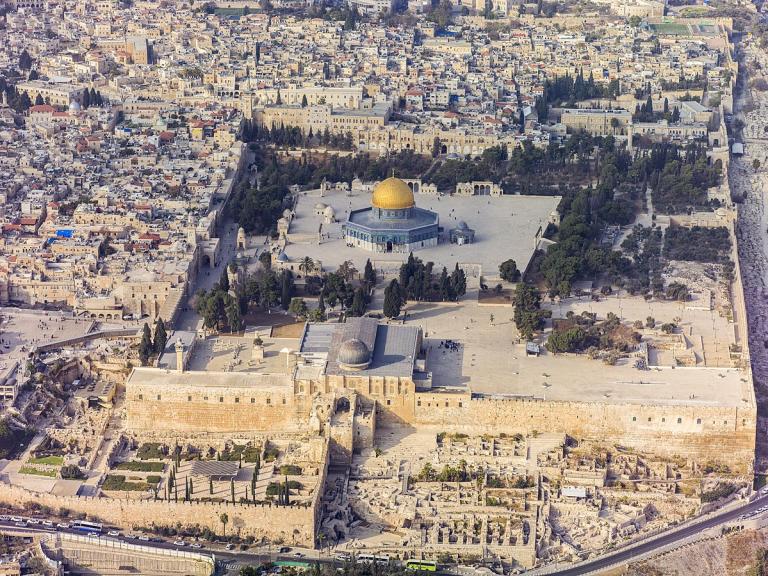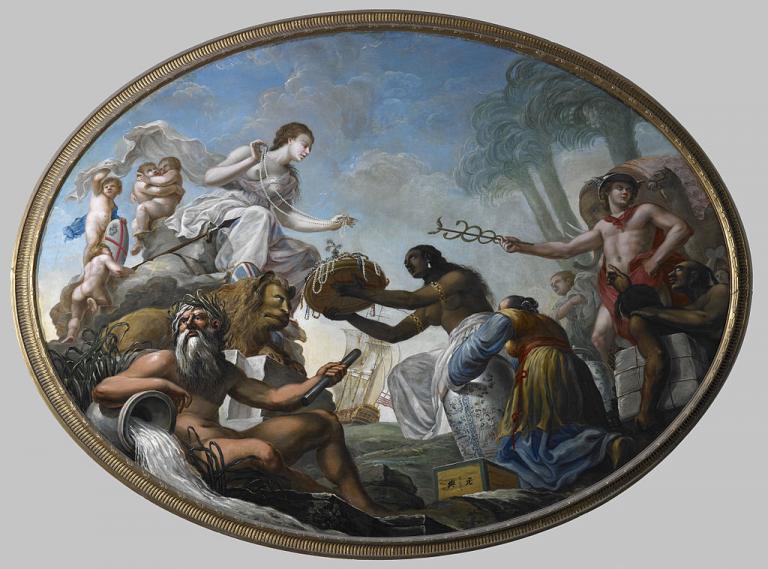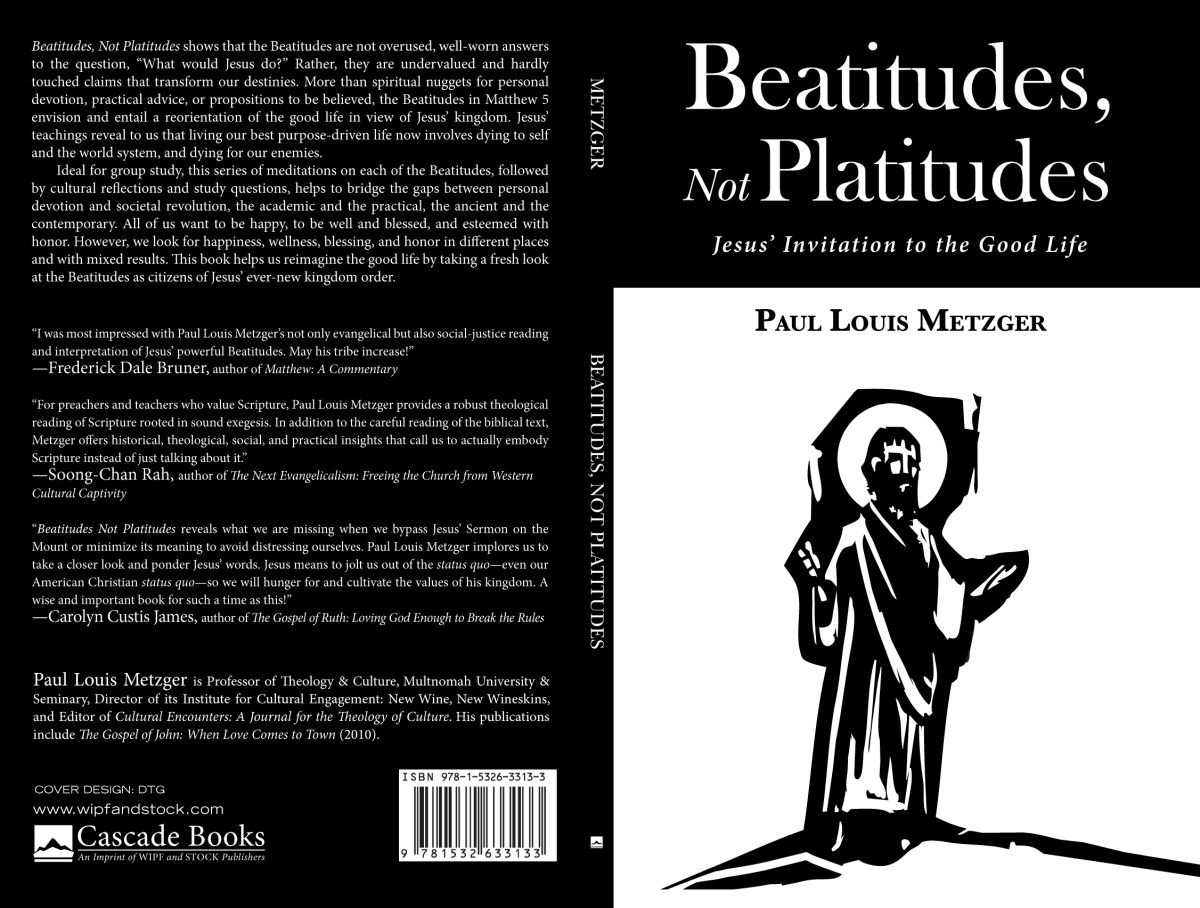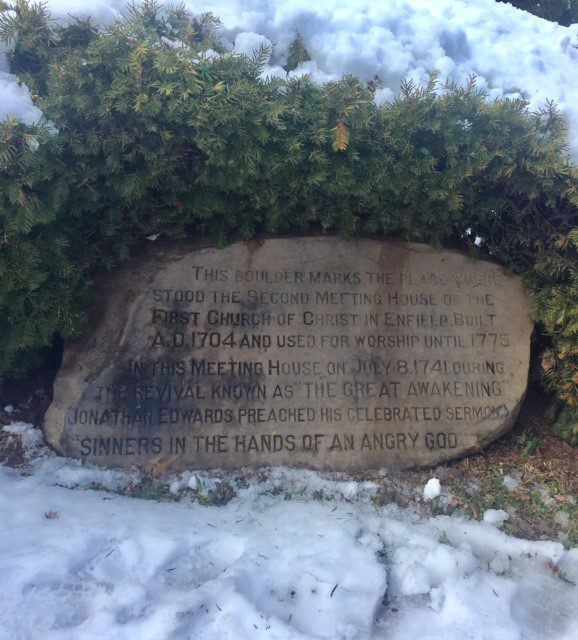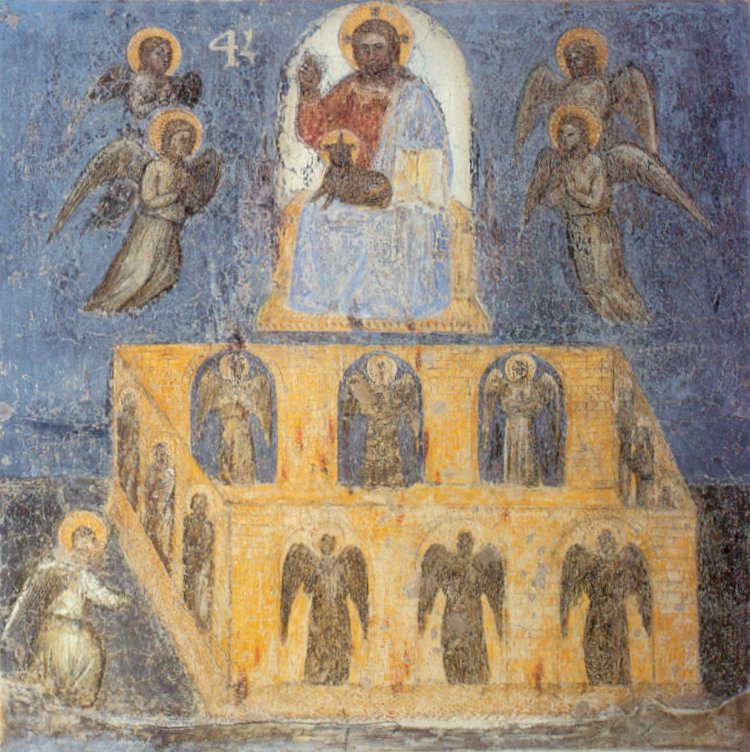The canonical gospels present Jesus’ complex and troubling relationship with Jerusalem. Take for example Matthew 23. Matthew 23 presents Jesus longing to gather its people to himself: “O Jerusalem, Jerusalem, the city that kills the prophets and stones those who are sent to it! How often would I have gathered your children together as a hen gathers her brood under her wings, and you were not willing!” (Matthew 23:37; ESV). It should be noted that Jesus’ cry of longing follows his outcry against the religious hierarchy... Read more


